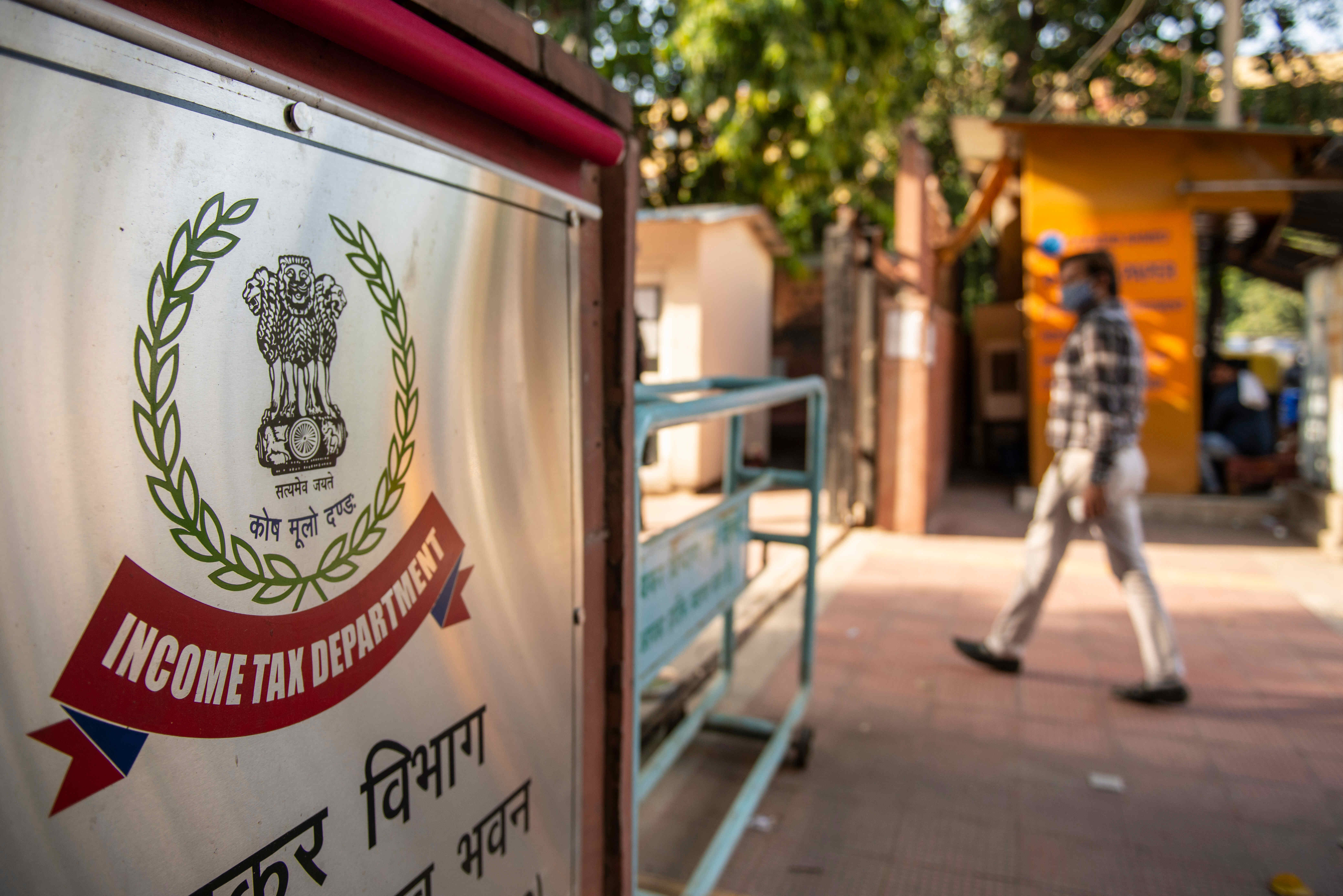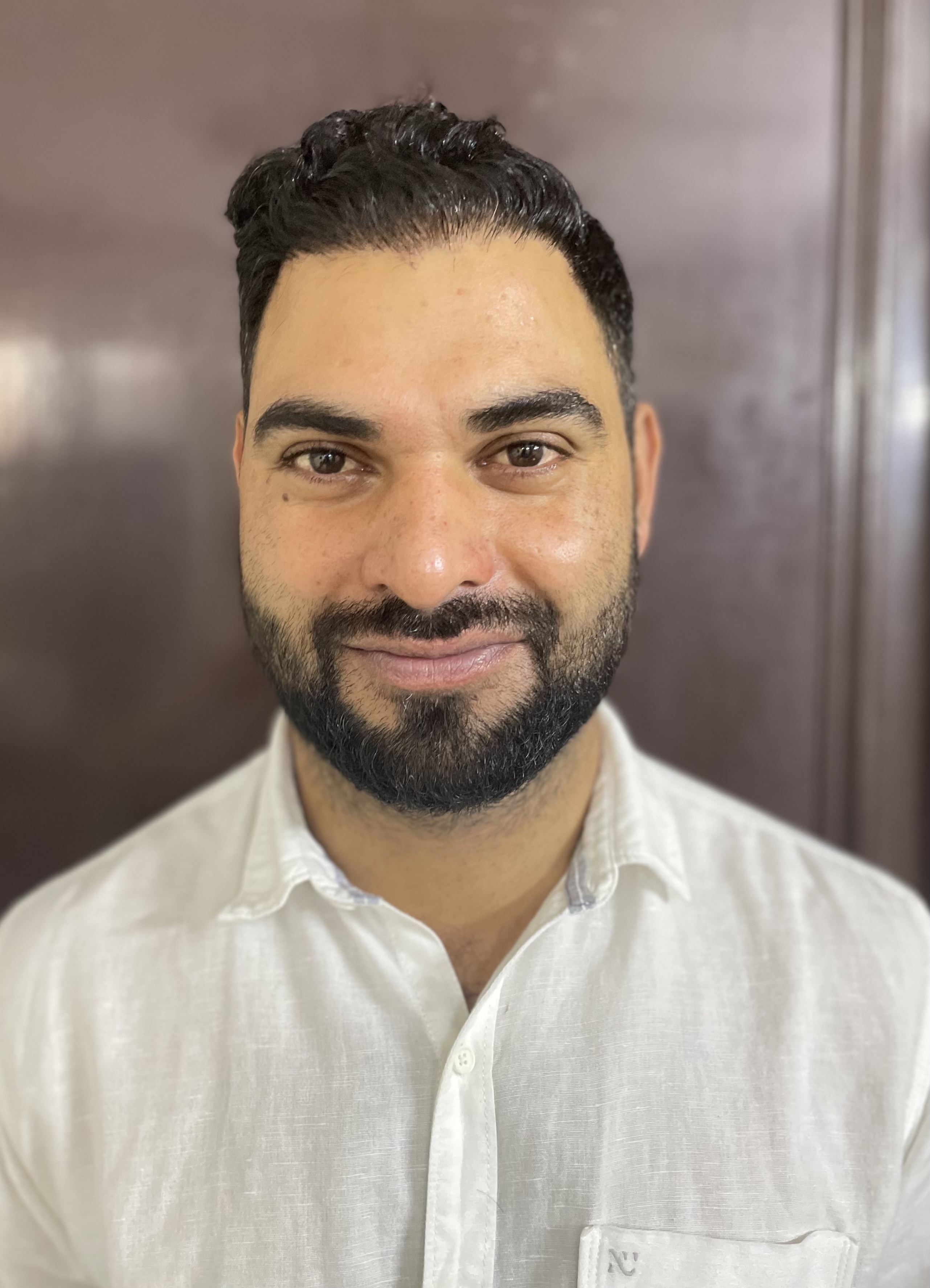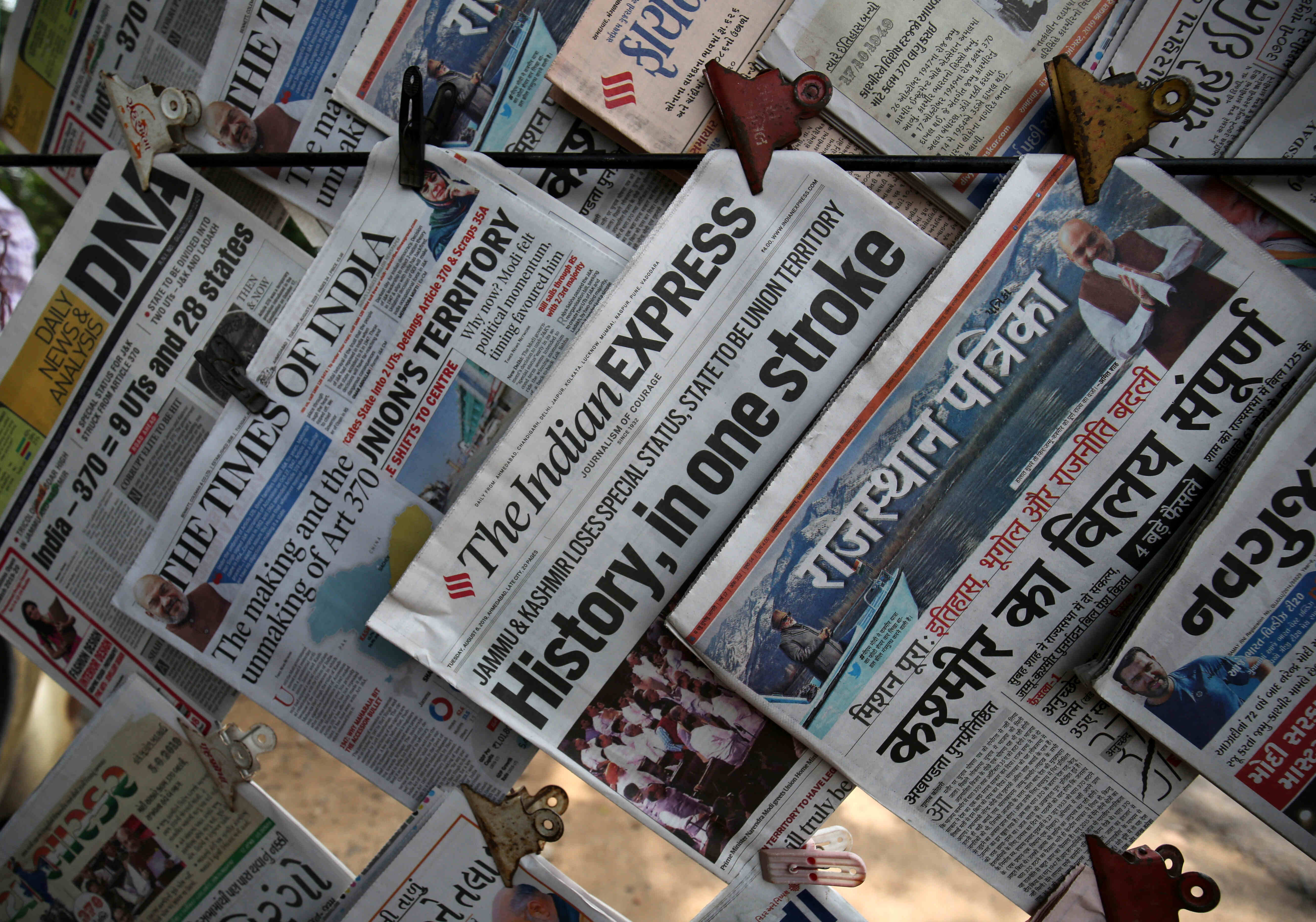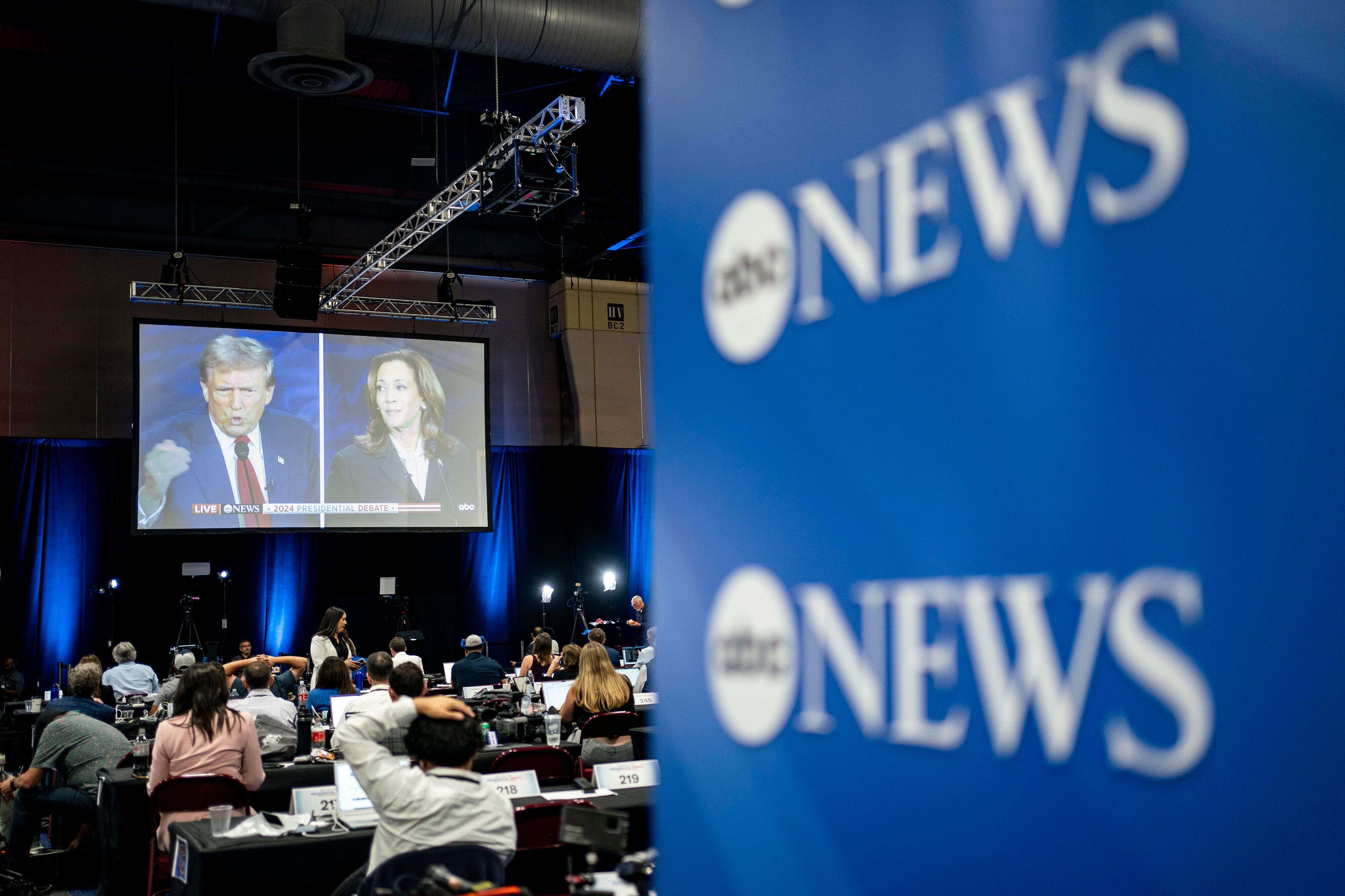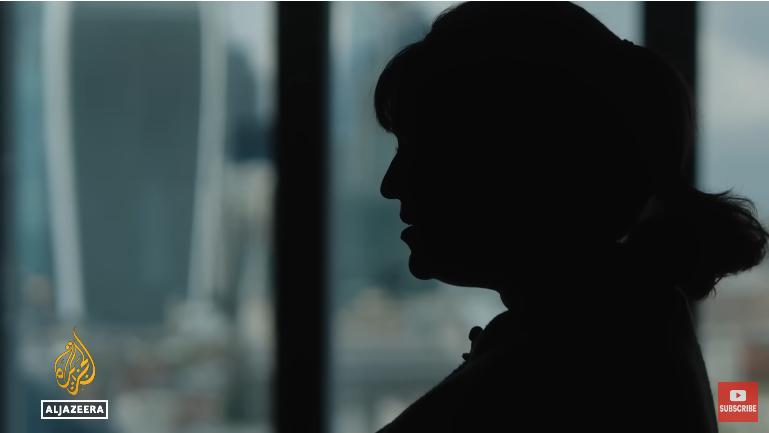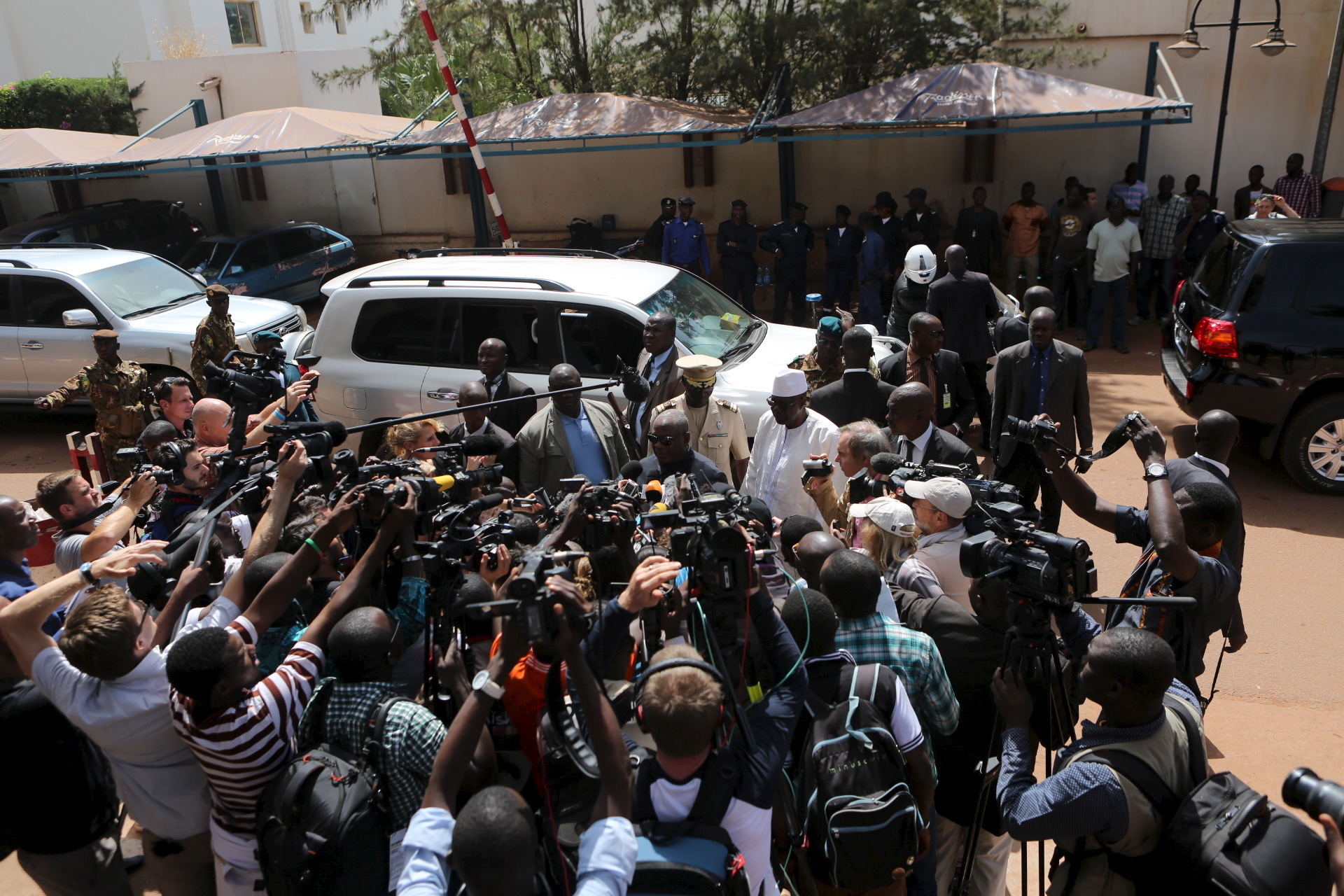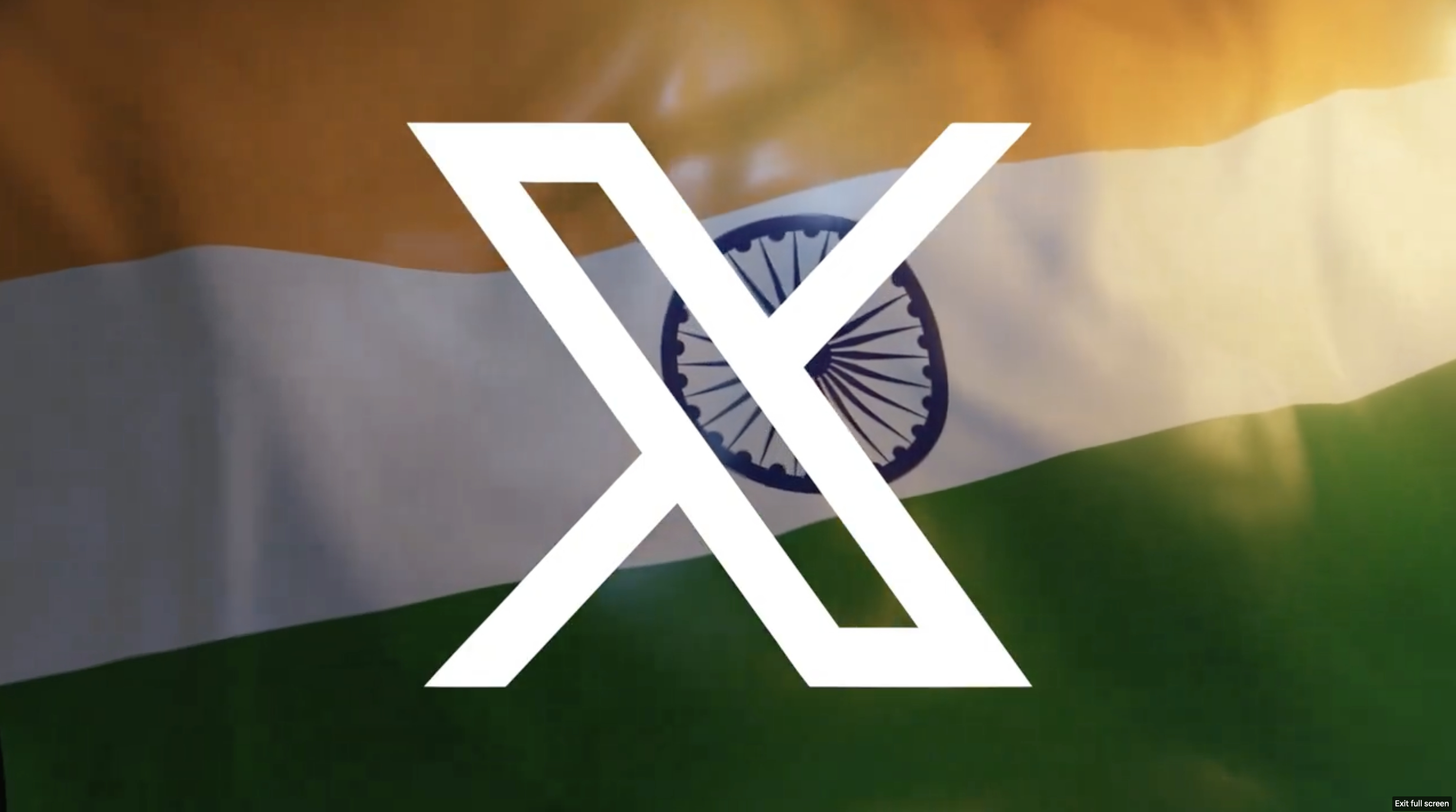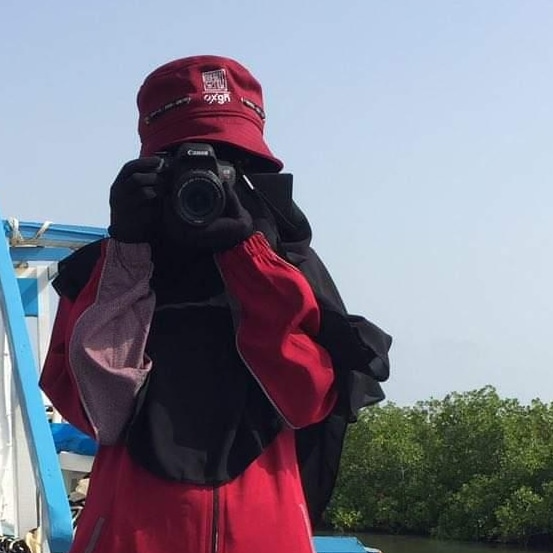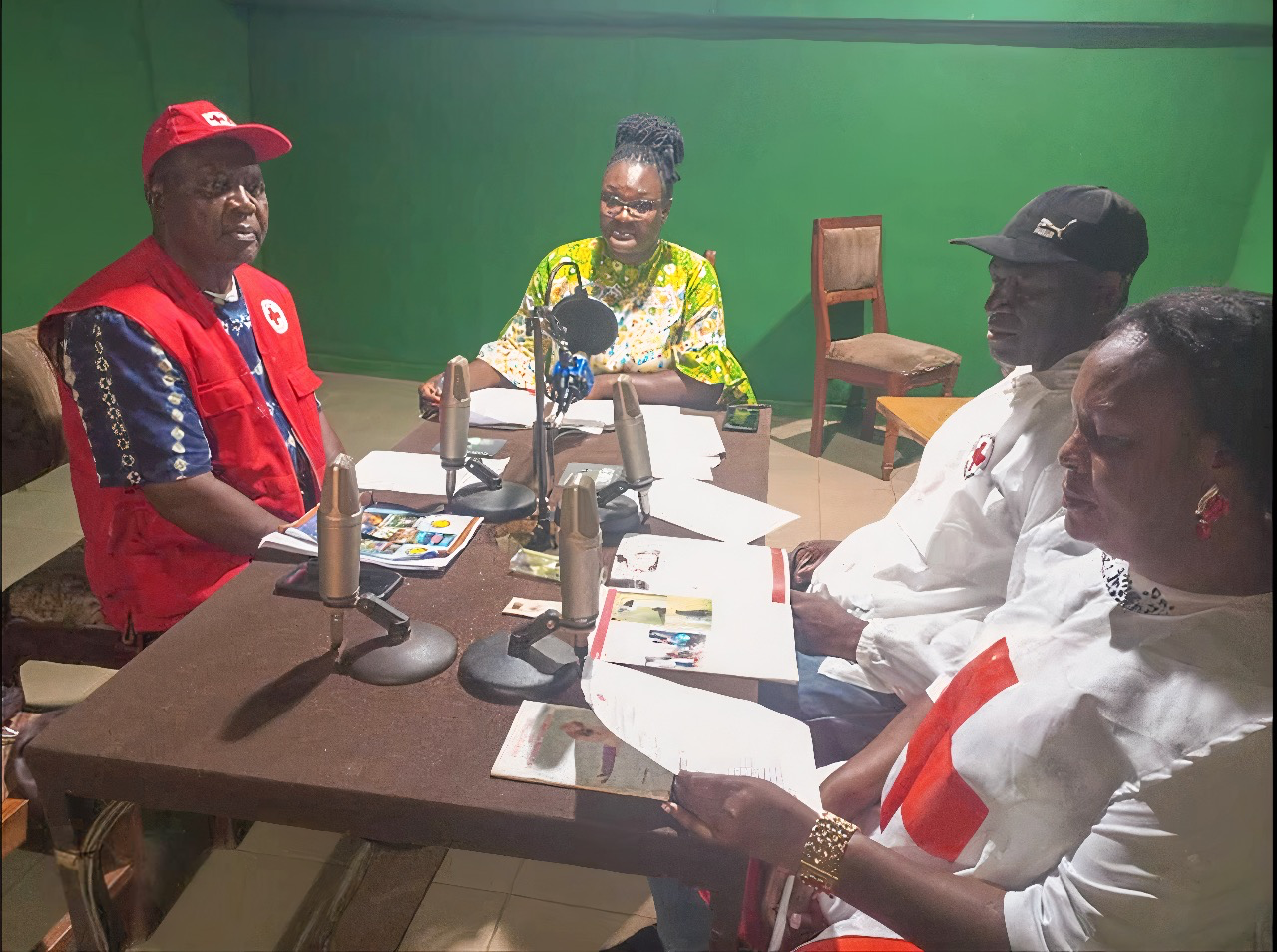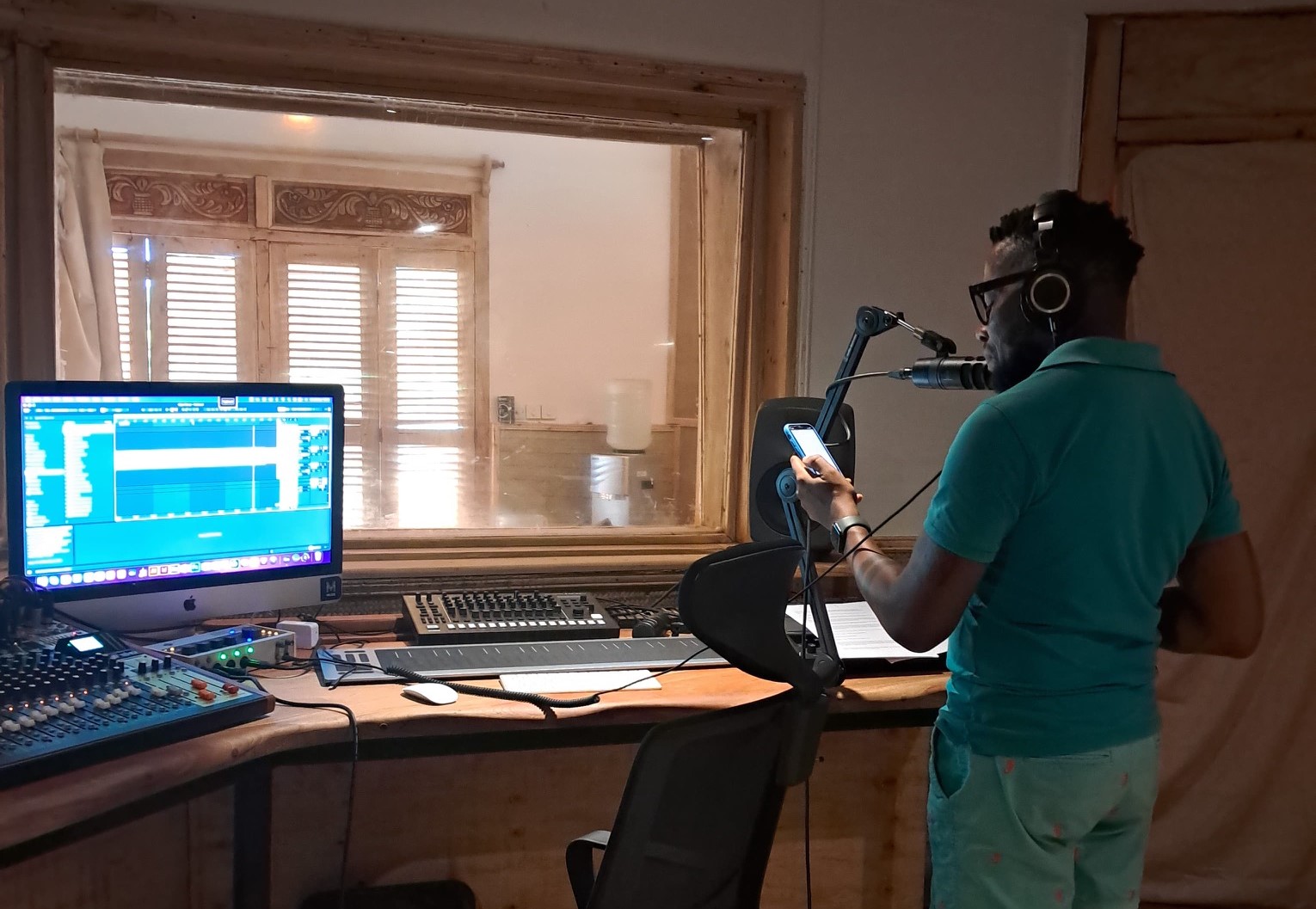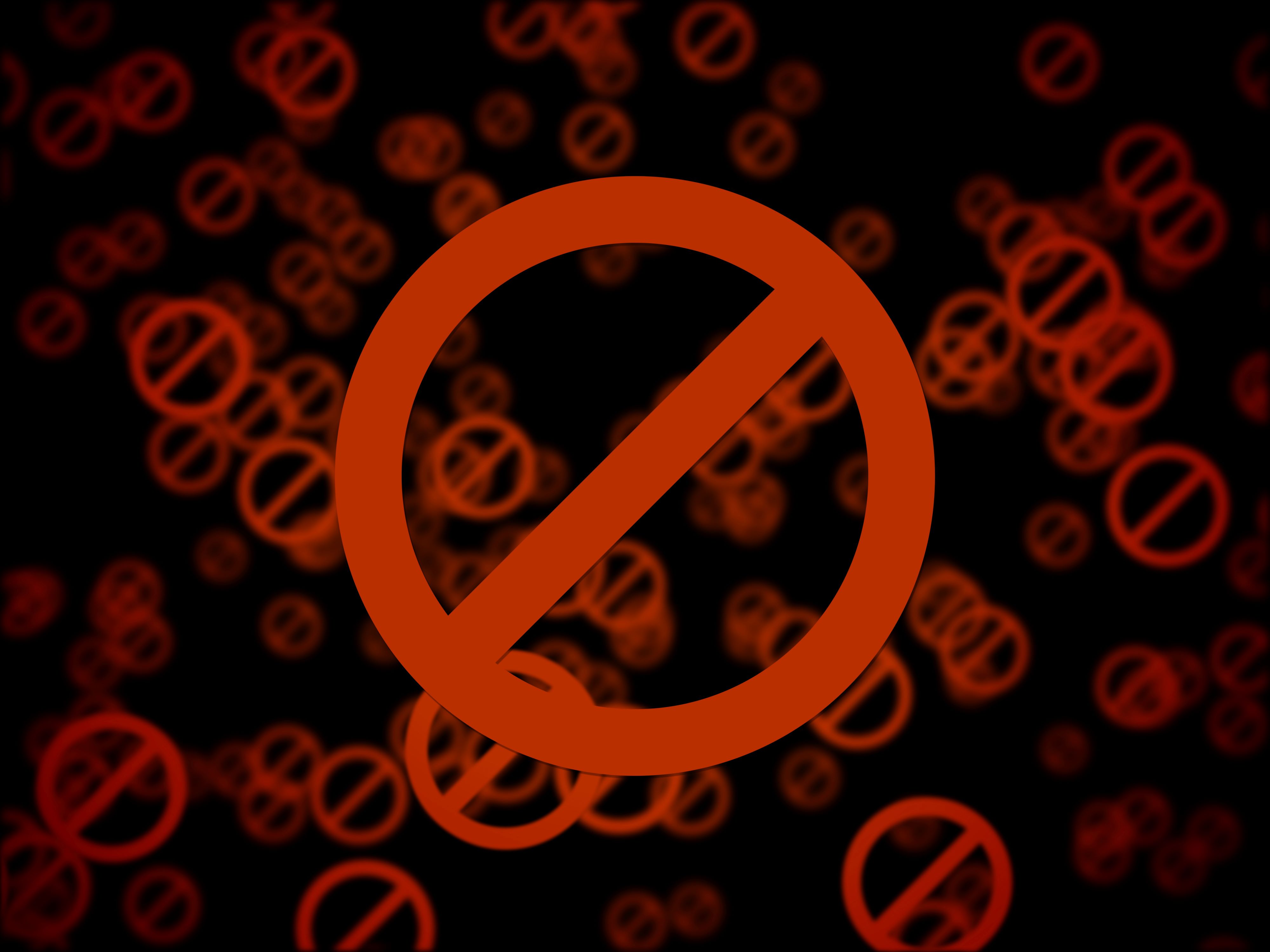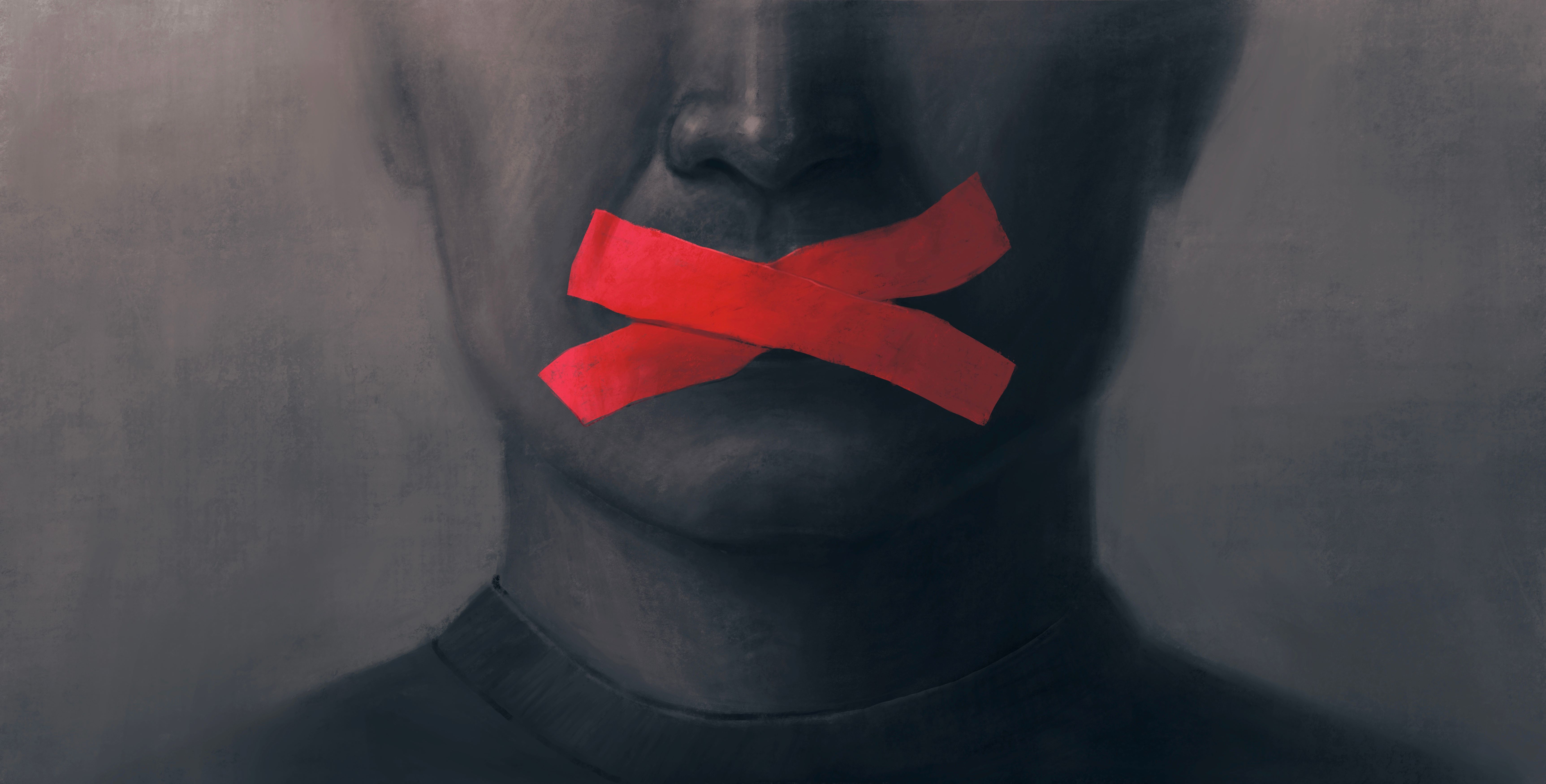أفردت صحيفة "لوموند" ركنها الشهري الثابت Rendez-vous avec Le Monde لمناقشة المعايير المهنية والأخلاقية لتغطيتها لحرب إسرائيل على غزة.
"موعد مع لوموند" زاوية شهرية تجيب فيها هيئة التحرير على أسئلة قرائها حول الخط التحريري وطريقة معالجتها للمواضيع واختيار زوايا المعالجة ونقد عمل المحررين بدون خطوط حمراء. إنه بمثابة تعاقد بين مؤسسة تقدم خدمة الإخبار وقارئ (ربما مشترك) يدفع لفهم قضايا تتسم بالتعقيد، ولتكوين "قناعة" ضمن النقاش الديمقراطي.
من بين الهواجس التي طرحها قراء لوموند على هيئة التحرير نجد أسئلة مزعجة وحادة مثل:
- هل أصبح الخط التحريري أكثر ميلا لليمين منذ استحواذ كزافييه نيل على جزء من أسهم المؤسسة، بينما الصحيفة كانت محسوبة تاريخيا على اليسار؟
- هل سبق لك أن تعرضت لضغوط من أحد المساهمين لسحب مقالك؟
- لماذا تستخدمون مصطلح "Tsahal" بدلا من "الجيش الإسرائيلي"؟
- نشرت الصحيفة مؤخرا مقالا وظفت فيه مصطلح "اليهود الفرنسيون" وليس "الفرنسيون اليهود"، هل يمكن أن تشرحوا لنا هذا الاختيار؟
- هل تعتبرون حماس مصدرا موثوقا به للأخبار؟
- اختارت صحيفتكم دعم الحكومة الإسرائيلية ضد فلسطين. هذا من حقك، لكن لماذا في هذا الحوار الذي من المفترض أن يناقش خطكم التحريري، تختارون فقط الأسئلة المؤيدة لنتانياهو والمناهضة للفلسطينيين؟ أرى أن حضور النقاش والجدل في لوموند جيد بين الفينة والأخرى، حتى داخل صحيفة مؤيدة لإسرائيل.
هذه عينة فقط من الأسئلة "المحرجة" التي يجيب عليها محرر متمرس في الموضوع بالإضافة إلى فريق لوموند حول تفاصيل دقيقة عن تغطية الصحيفة للحرب على فلسطين.
الملاحظة الأولى والأساسية: ثمة إشارة لا تقبل التأويل من المؤسسة إلى السياسة الاستعمارية لإسرائيل. الاستعمار أولا ثم تأتي باقي التفاصيل الأخرى. تكتب الصحيفة: "ننتقد بشدة سياسة الاستعمار الإسرائيلية، وقد ظل كذلك لسنوات، الأمر الذي جر علينا انتقادات لاذعة - بل وحتى كراهية - من الدوائر المؤيدة لإسرائيل".
الملاحظة الثانية: في معرض شرح "السياق" تُبرز الصحيفة أن عملية التحقق من الأخبار صعبة ومليئة بالمحاذير بسبب أن "الجيش الإسرائيلي يمنع دخول الصحفيين الدوليين إلى قطاع غزة" بل إنها تضعه عنوانا رئيسيا للدردشة. إنها تشير إلى السياق الأساسي لا إلى الجزئيات (مثل اتهام حماس بفبركة أرقام الضحايا أو وسائل التواصل بالتهويل).
الملاحظة الثالثة: الصحيفة تشرح خلفيات قرارات تحريرية شائكة وحساسة، حول موضوع يُحدث انقساما سياسيا ودينيا في المجتمع الفرنسي، أي أن قرار النشر - مهما كانت المواثيق والمعايير دقيقة - قد يتأثر بالضغط القادم من المجتمع ومن قرّاء يؤمنون بأنهم على حق. جزء من هذا التأثر ينبع من طبيعة المهنة نفسها، ومن انحيازات الصحفيين وتصوّراتهم لقضية شهدت أكبر قدر من التجاوزات المهنية والانحياز السافر للسردية الإسرائيلية. كما أن الصحيفة تتعامل مع انتقادات حادة من كل التيارات؛ فاليمين يعتبرها أداة لنشر أفكار La France insoumise بقيادة ميلانشون، واليسار يتهمها بتبني أفكار يمينية، وهي جريدة لطالما وصفت بأنها صوت اليسار.
الملاحظة الرابعة: إنّ الصحيفة وهي تجيب قراءها تستحضر مبدأ أساسيا يتمثل في أن هيئة التحرير مستقلة عن الملاك، ولا تتوانى عن تذكيرهم بأنها شرط أساسي لحيازة أسهم في المؤسسة الناشرة للوموند.
الملاحظة الخامسة: هي أن الصحيفة تعتبر أنه من حق القارئ (خاصة المشترك) أن يعرف لماذا تغطي قضيةَ فلسطين بهذه الطريقة، وماهي قرارتها التحريرية وكيفية معالجتها للأخبار.
الملاحظة السادسة تكمن في أن مواثيق التحرير المكتوبة - رغم أنها تشرح المبادئ العامة للصحيفة وخطها التحريري للجم التحيزات داخل غرفة الأخبار - لا يمكن أن تجيب عن كل القضايا. لذلك، حين تقارن الميثاق التحريري بالأجوبة تجد أن المحرر الذي يجيب عن أسئلة القراء يقدم تفصيلات دقيقة تصل إلى مرتبة الاجتهاد.
الملاحظة السابعة: في جوابها على سؤال (لماذا تستخدم عبارة "Tsahal" بدلا من "الجيش الإسرائيلي") كتب المحرر: "تساهال هو اختصار واسم شائع للجيش الإسرائيلي، لكننا نحاول استخدام مصطلح "الجيش الإسرائيلي" بدلا من ذلك. ربما نوظف مصطلح "جيش الدفاع الإسرائيلي" لكنه ليس توظيفا منهجيا ومن السخافة النظر إليه كشكل من أشكال التواطؤ؛ معنى ذلك أن "السهو البشري" سمة أساسية لمهنة تتعرض للمحاكمة اليوم أكثر من أي وقت مضى.





